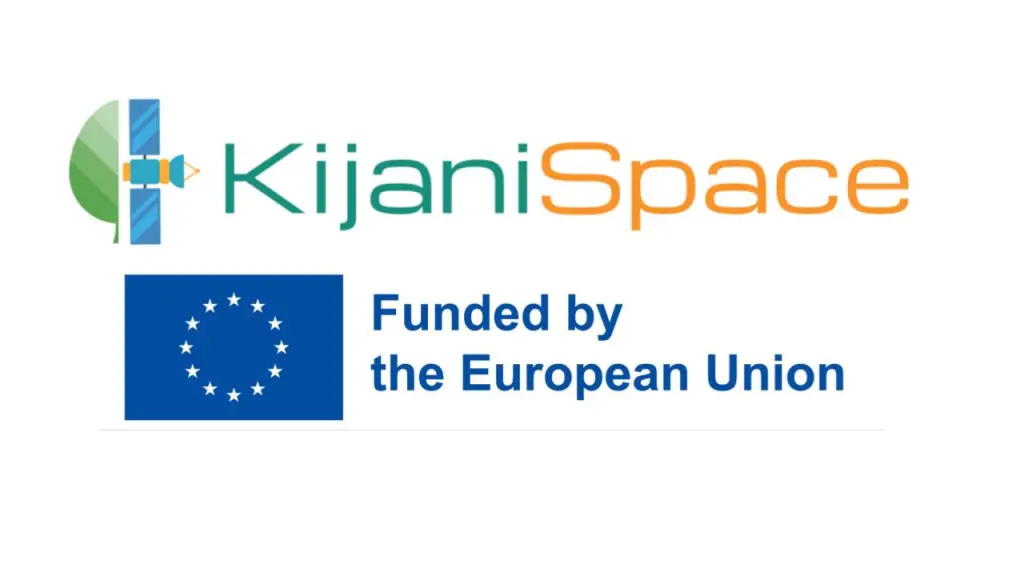Food security and climate resilience are critical global concerns, that’s why the EU is involved in projects that overcome geographical barriers and reach out far. It’s the case of the new KijaniSpace Project.
Funded by EUSPA under the Horizon Europe program, it aims to revolutionizs agricultural practices in Africa, particularly in the Lake Victoria Basin, by integrating Earth Observation data from the Copernicus program with Internet of Things (IoT) technologies. With its official start in October 2024, the project envisions a greener, more sustainable future for smallholder farmers by making advanced space technologies accessible even in remote regions.
Traditionally, while a wealth of satellite data has been available, local African farmers and small enterprises have struggled to access this information. KijaniSpace addresses this gap by developing the KijaniBox—a Space-IoT Solution Box that simplifies the collection, integration, and application of Copernicus Earth Observation data alongside local IoT resources. Hence, the project seeks to enable farmers, agribusinesses, and local authorities in Africa to make informed decisions that improve productivity, resilience, and environmental sustainability.
The project is the result of a strong international partnership bringing together 13 organizations from across Europe and Africa, with a great representation of Central European Countries. The consortium includes German-based INNOTEC21 GmbH coordinating the project, supported by European partners such as Plan4all (partner of Agri-Digital Growth), Smart & Lean Hub Oy from Finland, and Meteoblue AG from Switzerland. On the African side, key partners include some institutions such as the Kenyan Marine and Fisheries Research Institute (KMFRI), the Small Industries Development Organization (SIDO) in Tanzania, and other Universities and Technology Centres.
The project’s strategy is built around two core programmes: the Space-IoT Talent Program and the Space-IoT Innovation Program. The Talent Program focuses on capacity building, offering hands-on training and mentorship to young innovators, agricultural professionals, and tech entrepreneurs. Participants will learn how to develop Minimum Viable Products (MVPs) that use satellite data and IoT technologies to solve agricultural challenges, from optimizing irrigation to monitoring fish farming. Meanwhile, the Innovation Program targets small and medium enterprises, providing them with tools, resources, and support to pilot new technologies and scale up successful prototypes.
Furthermore, the project will establish ten pilot farms—both crop and fish farms—across the Lake Victoria Basin. They will serve as proof-of-concept sites, where farmers can directly experience the benefits of space-enhanced agriculture. The aims are not only to validate its technologies but also to foster trust and encourage wider adoption among local communities beyond the Lake Victoria Basin.
For more info, check out the project website: link
